Fashion’s earth day heroes lookbook
TOP 50 sustainable fashion influencers of 2022
3DLOOK’s “Top 50 Sustainable Fashion Influencers” list celebrates 50 changemakers empowering brands and consumers to embrace ethical and eco-friendly practices. On our own mission to improve the industry’s environmental footprint, we recognize the enormous task these inspiring influencers are undertaking and believe their incredible achievements deserve celebrating.
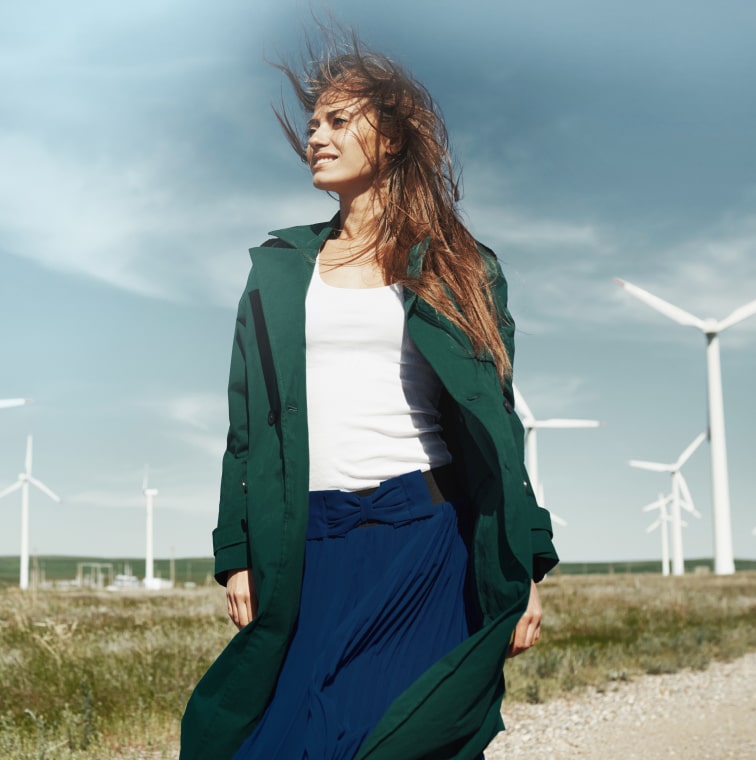
Experts
With the power to force change, these fashion leaders are using their creativity and influence to push for regulation, educate industry giants, and create some of the most environmentally friendly clothing brands.
-
Read more
Adam Taubenfligel is the creative mind behind Triarchy, a low-water, eco-friendly denim brand, whose inspiring designs prove great fashion doesn’t have to cost our environment. Taubenfligel is a regular speaker in the media and at industry events, using his voice to highlight fashion’s sustainability shortcomings.
-
Read more
Amina Razvi leads the Sustainable Apparel Coalition, an alliance working to improve social and environmental sustainability throughout fashion. Under Razvi’s leadership, the coalition developed the Higg Index to standardize the measurement of sustainability, and was named ‘Eco-Steward of the Year’ at the American Image Awards.
-
Read more
Christina Dean is the founder of Redress, an environmental NGO driving change in fashion through initiatives such as educational courses, recycling programs and industry-leading awards. Dean is also the founder and CEO of The R Collective, a brand using industry material waste to accelerate fashion’s circular economy.
-
Read more
Georgia Parker is an Innovation Platform Director for Fashion for Good, inspiring practices that benefit people and the planet by bringing together brands and innovators to improve fashion supply chains. In 2018, Parker’s focus on circularity saw her named a Schmidt MacArthur Fellow by the Ellen MacArthur Foundation.
-
Read more
Jo Salter’s social enterprise, Where Does it Come From?, helps businesses to create ethical and eco-friendly supply chains. Striving to support sustainable fashion, Salter co-founded the Be The Change Awards to celebrate small, ethical brands, has supported DEFRA’s Year of Green Action, and writes frequently for leading publications.
-
Read more
Laura Balmond leads the Ellen MacArthur Foundation’s Make Fashion Circular campaign, which encourages collaboration between industry and government to promote the reuse of garments and materials. In her role, Balmond has authored future-shaping reports such as “A New Textile's Economy: Redesigning Fashion's Future.”
-
Read more
Libby Fearnley is a fashion designer-turned-sustainability advocate, dedicating her time towards educating, writing, designing and consulting on sustainable fashion. Fearnley also works as a Fashion Institute of Technology instructor, instilling the need for social and environmental responsibility in the next generation.
-
Read more
Marije de Roos is a circular fashion researcher and CEO of Positive Fibers, a brand creating garments from biocircular materials that can be given back to the earth. De Roos also champions social sustainability, working with organizations such as Justice In Fashion to highlight the mistreatment of workers in low-wage countries.
-
Read more
Neliana Fuenmayor is the founder of A Transparent Company, a collective of experts seeking openness and honesty in fashion. Led by Fuenmayor, the group has demonstrated the potential of innovations such as blockchain to improve supply chain transparency. In 2015, Fuenmayor’s work earned her the Kering Award for Sustainability.
-
Read more
Orsola de Castro has supported sustainable fashion since 1997, as the founder of pioneering brands such as From Somewhere. De Castro today champions the movement as Creative Director of Fashion Revolution, a transparency-focused non-profit. In 2021, she published upcycling guide ‘Loved Clothes Last’ to inspire future designers.
-
Read more
Shannon Lohr co-founded sustainable clothing brand {r}evolution apparel in 2010. Now, she helps other conscious entrepreneurs to find their feet in fashion through her mentorship program, Factory45. Using her experience, Lohr has guided more than 150 brands from idea to launch, supporting the growth of the sustainable fashion market.
-
Read more
Tamsin Lejeune is the founder of the Ethical Fashion Forum, a movement focused on raising industry standards. Determined to take sustainable fashion from niche to norm, in 2015, Lejeune created Common Objective, a business network that matches brands and professionals with contacts and resources to support them on their journey.
Reporters
Dispelling attempts at greenwashing, enlightening the public on poor industry practices, and putting sustainable businesses in the spotlight, these reporters are using their reach to better our planet and society.
-
Read more
Alden Wicker is an award-winning sustainable fashion journalist known for her investigative reporting and deep dives for publications such as Vogue, Wired and Harper’s Bazaar. In 2013, Wicker founded EcoCult, an online publication focused on providing access to accurate information around sustainability in fashion.
-
Read more
Brooke Roberts-Islam is a Senior Contributor for Forbes, reporting on sustainable materials helping to reduce fashion’s impact. She is also the founder and editor of sustainable fashion publication Techstyler, as well as the former Director of sustainable material research company the Brooke Roberts Innovation Agency (BRIA).
-
Read more
Dana Thomas is a seasoned fashion industry journalist, serving as Contributing European Sustainability Editor for Vogue. Thomas authored New York Times Best Seller “Fashionopolis”, which explores the damage wrought by the clothing industry, as well as a child-friendly edition designed to educate and inspire young readers.
-
Read more
Don-Alvin Adegeest is a Fashion United contributor, regularly reporting on the industry’s sustainability efforts. Adegeest offers transparent insight into brands’ practices, celebrating positive action and aiming criticism at those that maintain unsustainable operations, upholding accountability in the fashion landscape.
-
Read more
Elizabeth Segran covers fashion and retail for Fast Company, often using her platform to draw attention to sustainable fashion and the issues holding it back. Segran led calls for the US to appoint a ‘fashion czar’ to coordinate the industry’s sustainability efforts, sparking action among brands, journalists and non-profits.
-
Read more
Emily Chan quizzes brands on their sustainability efforts, explores industry-wide issues, and inspires thought on fashion’s impact as Vogue Global Network’s Sustainability Editor. Chan is a frequent panel moderator and speaker, and has contributed to industry-changing discussions at COP26, Copenhagen Fashion Week and more.
-
Read more
Kaley Roshitsh leads WWD’s sustainability coverage, providing frequent exclusives on the industry’s efforts that highlight the positive changes taking place in fashion. Roshitsh helped facilitate the launch of WWD’s “Sustainability Scene” section and orchestrated its inaugural “Sustainability & The Human Element” event.
-
Read more
Olivia Pinnock is a journalist and lecturer, who uses her voice to promote positive action in the fashion industry. As well as reporting for leading publications such as Forbes and Drapers, Pinnock is also the Founder of The Fashion Debates, a series of panel events held to foster discussion on ethical issues in the industry.
-
Read more
Rachel Cernansky is Vogue Business’s voice on sustainability, often covering fashion’s environmental efforts and where it falls short. Cernansky is a member of the Society for Environmental Journalists, an association focused on improving the quality and reach of journalism that grows knowledge around environmental issues.
-
Read more
Sarah Kent oversees BOF’s sustainability coverage, reporting on brands’ efforts to clean up fashion and the regulatory pressures the industry faces. In 2021, Kent authored the inaugural BoF Sustainability Index, bringing together insight and analysis from various experts to calculate and track fashion’s progress towards ambitious environmental and social targets.
-
Read more
Sophie Benson is a freelance journalist, covering sustainable fashion, the environment and consumerism for publications such as Vogue, The New York Times and The Guardian. Since 2021, Benson has produced Dazed’s sustainability column, using the platform to explore complex topics such as fashion’s sizing struggles.
-
Read more
Whitney Bauck is a former Fashionista reporter, where she explored social and environmental justice through the lens of fashion. In 2020, Bauck’s efforts saw her named an Environmental Reporting Fellow by the Metcalf Institute. Today, she works as an independent journalist, exploring environmental impact and action in fashion.
Brands
From apparel made of ocean waste to fashion brands driven by social responsibility, these businesses prove that looking great doesn’t have to come at the expense of our communities and the health of our people and planet.
-
Read more
Aday maximizes the lifespan of its products by designing for durability and versatility, creating apparel that transcends seasons and tends - with minimal environmental impact. Some 77% of Aday’s products are made from recycled, regenerated and natural materials, such as its custom polyester produced from recycled plastic, and it continues to explore innovative fabrics that are comfortable, durable and eco-friendly. Through its “Commitments to People and Planet”, which all suppliers must sign, Aday is reducing child labor, harm to wildlife and environmental damage in the fashion supply chain.
-
Read more
Birdsong is a fashion brand committed to practices that provide better outcomes for “women, workers and the world”. The brand sources its materials from ecologically-friendly suppliers and pays all of its makers a fair wage for their craftsmanship, providing its customers with apparel that is truly ethically-made and eco-friendly. All of Birdsong’s clothing are designed around real customer bodies and made-to-order, minimizing overproduction and return waste.
-
Read more
Collina Strada labels itself as a “platform” using its sustainable clothing - made from deadstock fabric, upcycled t-shirts and natural dyes - and growing voice to raise awareness around important environmental and social issues. In recent years, Collina Strada has collaborated with leading brands such as Reebok and Levi’s to create upcycled products, encouraging big brands to begin their sustainability journeys and introducing eco-friendly products to the mass market.
-
Read more
Everlane is an ethical clothing brand focused on upholding social sustainability in the fashion industry. It takes a unique approach to sourcing suppliers, auditing each factory to evaluate factors such as wages, working hours and environmental cost, with only the most sustainable selected. Practicing “radical transparency,” Everlane shares supplier information and its production costs with its customers, enabling them to ‘audit’ the brand back, and ensure sustainability and ethical standards are maintained.
-
Read more
Girlfriend Collective is a socially-conscious apparel brand prioritizing eco-friendly, socially sustainable and entirely transparent practices. The brand produces bras and leggings from recycled plastic bottles, fishing nets and industry waste, transforming discarded materials into apparel that looks good, fits well and lasts long. Girlfriend Collective’s factory is SA8000 certified, ensuring its workers’ are paid and treated fairly, and their safety and security is guaranteed.
-
Read more
KNOWN SUPPLY is an ethical apparel brand re-humanizing fashion by introducing customers to those that design and manufacture their clothing. Working closely with underserved populations and inviting customers to learn more about those that make their clothing, this unique approach inspires shoppers to put people over price and sparks conscious consumerism that encourages brands to follow suit. KNOWN SUPPLY is B Corp Certified, affirming the brand’s commitment to social and environmental performance, public transparency and legal accountability.
-
Read more
KSENIASCHNAIDER is a fashion house with sustainability “in its DNA”, focused on reworking and upcycling discarded materials into versatile and long-lasting garments. From its local production factory, which specializes in recycling old clothing, the Kyiv-based brand is estimated to rejuvenate five tonnes of textile and denim annually. In recent years, KSENIASCHNAIDER has offered sustainable solutions to many of fashion’s problem products, such as its cruelty-free fur coats made from disassembled vintage jeans, earning itself a place on the Vogue Green Talent shortlist in 2019.
-
Read more
Lucy & Yak is a growing brand committed to providing fair treatment throughout its supply chain. Working in comfortable and safe conditions, the brand’s India-based producers earn 3-4 times the state minimum wage. Soon, Lucy & Yak’s factory will be powered 100% by solar energy, while the brand recently launched its revolutionary ‘Buy Back Scheme’, which enables customers to trade in unwanted garments, saving good clothing from landfill and reducing its environmental impact further.
-
Read more
Marine Layer, a sustainable brand best known for its “absurdly soft” clothing has custom-developed over 100 fabrics using materials made from safe, recycled, regenerated or renewable inputs, with 47% of its products now made with sustainable materials. Constantly seeking new ways to reduce its impact, in recent years, Marine Layer has taken on the challenge of keeping reusable textiles out of landfill with the launch of its Re-Spun program. Offering customers $5 credit for every t-shirt they donate, the initiative has saved 406,000 items from landfill and counting.
-
Read more
NAADAM is creating a ‘conscious’ cashmere market by ensuring they are paid their fair share for the world’s softest fibers. Working with herders in the Gobi Desert, NAADAM seeks to minimize fashion’s impact on the local environment through anti-desertification initiatives, as well as the social and environmental standards it sets for its suppliers. But NAADAM isn’t simply cleaning up after itself. It is actively supporting local growth and development through the Gobi Revival Fund, which has paid for a clean water source, a community park, and livestock insurance for the local area.
-
Read more
Ninety Percent is a responsible fashion brand circumventing short-lived trends with its pared back products made from renewable wood pulp fibres. Its apparel is designed to be long-lasting, but is fully compostable and biodegradable once it reaches the end of its lifecycle. But Ninety Percent isn’t only driving sustainability in fashion: 90% of the brand’s profits are distributed to charitable causes chosen by its customers, protecting the future of communities, people, wildlife and our planet.
-
Read more
RE/DONE is a luxury fashion brand that has saved more than 145,000 garments from landfill through its upcycling model, which rejuvenates vintage fashion into modern fits and new styles. Sustainability is embedded throughout the brand, from its circular RE/SELL marketplace, which encourages shoppers to sell on their unwanted items; to its collaborations with leading brands such as Bass, Cindy Crawford and Attico, which introduce the wider industry to its planet-friendly practices.
-
Read more
Riley Studio is a gender-free fashion brand aiming to make conscious consumerism the norm through its sustainable design and manufacturing approach, which uses waste and organic materials to limit its environmental impact. The brand’s eco-friendly process is estimated to have saved 6.3m litres of water and diverted 15,000 plastic bottles from landfill so far. Riley Studio’s unwavering commitment to eco-friendly fashion earned it the ‘Fashion Brand of the Year’ title in the 2019 Sustainable Lifestyle Awards.
-
Read more
United By Blue is on a mission to clear plastic trash from our oceans by harnessing growing consumer interest in sustainable fashion. Having vowed to remove 1lb from our waterways for every purchase of its sustainably and ethically manufactured apparel, United By Blue offers consumers clothing with a cause - and has cleared 4.2m lbs so far. B Corp Certified, United By Blue meets the highest standards of sustainability, putting profits second to social and environment performance.
See it. Fit it. Try it. Share it. Love it
The ultimate virtual fitting room experience for your mission-driven fashion brand
Request a Demo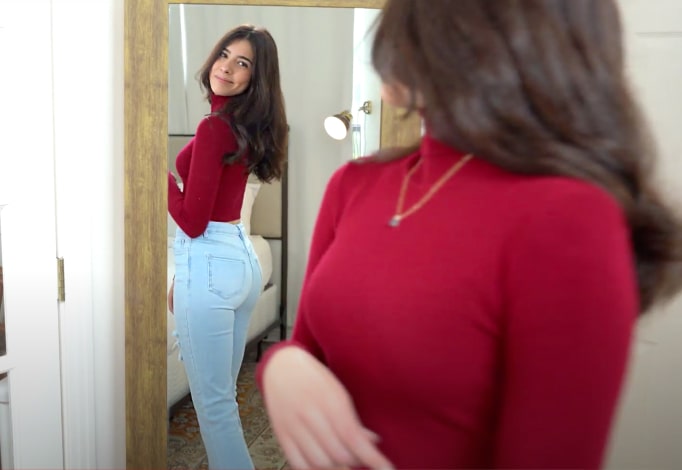
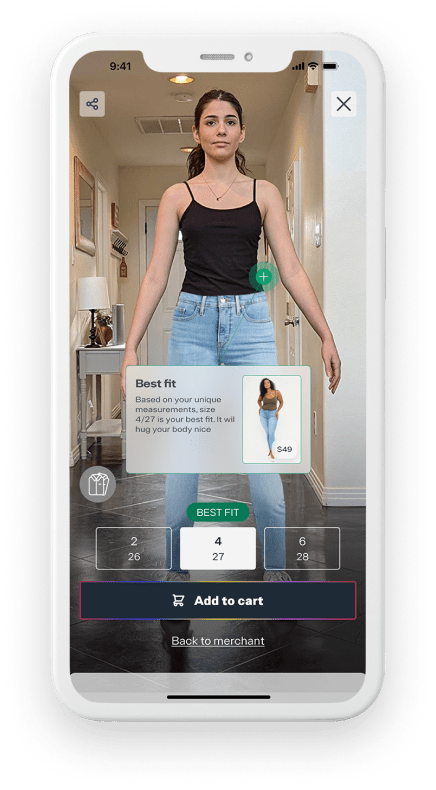
About our list
How do we define sustainable fashion influencers and categories?
This list is composed of sustainably sourced clothing brands, industry leaders, reporters and influencers who care about the environment and our society. Those selected frequently share insight, implement innovations and inspire change that improves the fashion landscape.
Many of those selected span multiple categories. However, broadly, each category includes:
- Brands: Brands and retailers
- Experts: Foundation directors, researchers, technologists, event organizers, authors, educators, consultants, creatives, business owners
- Reporters: Editors, journalists, columnists, contributors
- Social media influencers: Content creators, campaigners, activists, bloggers
How did we identify the Top 50?
3DLOOK’s top sustainability fashion influencers were selected based on their recent contributions to the sustainable fashion movement. Our team used a variety of sources including social media activity, media features and mentions, recent awards, and internal research using our own networks to identify those making a significant difference in the fashion landscape.
How can you be considered for future lists?
To be considered for future 3DLOOK lists, influencers should actively share insight across a variety of channels; take part in industry events; be involved in activities towards sustainable fashion and engage with consumers, brands and businesses on industry topics. In short, influencers should do their part to encourage positive change in fashion.
Disclaimer
The brands and individuals included in this list were selected by the 3DLOOK team based on their last five years of activity. Influencers have been listed in alphabetical order and sequence is not an indication of rank. We have made every effort to keep this list objective, using a number of indicators and a variety of sources to judge each influencer’s suitability. However, all considerations have been made exclusively by the 3DLOOK team and we therefore do not claim absolute objectivity.
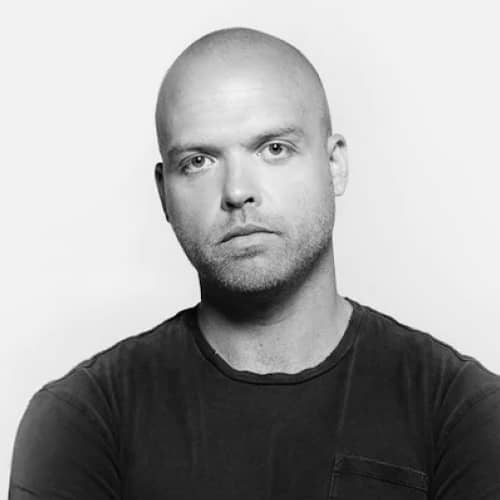



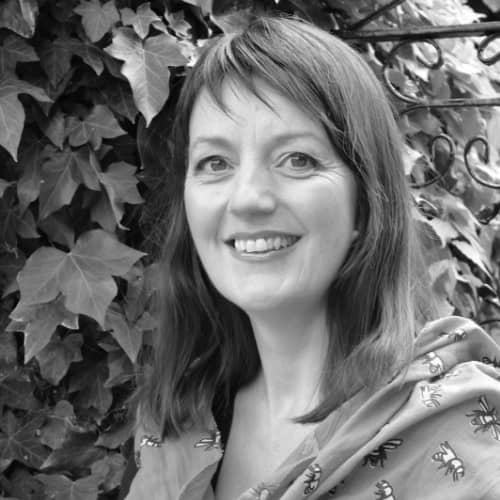

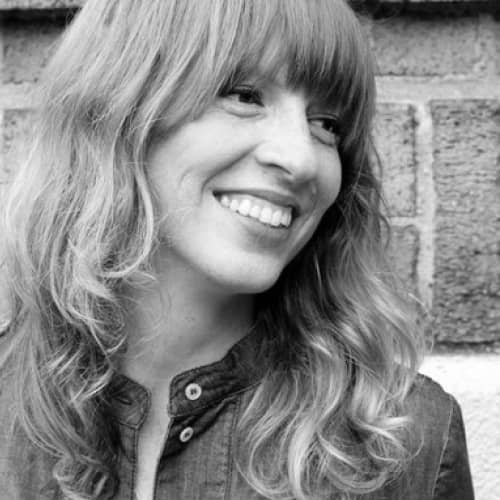
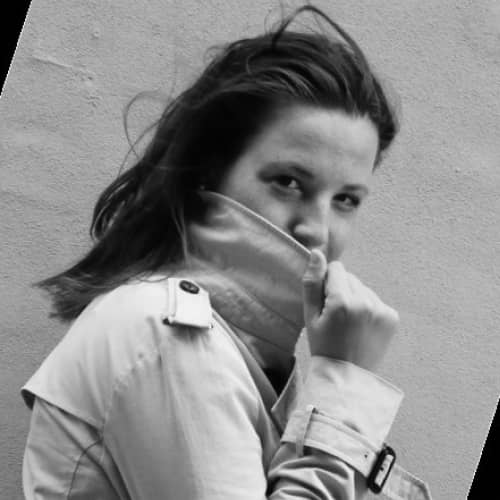
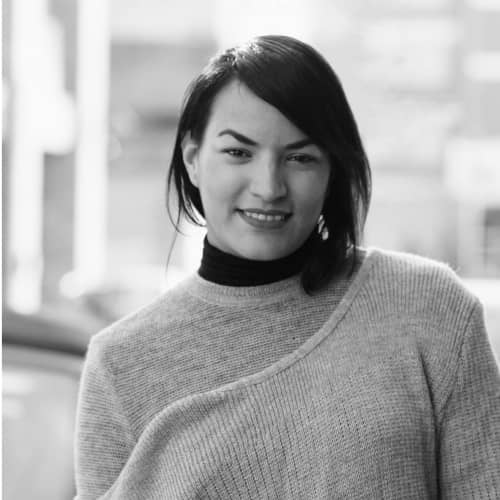
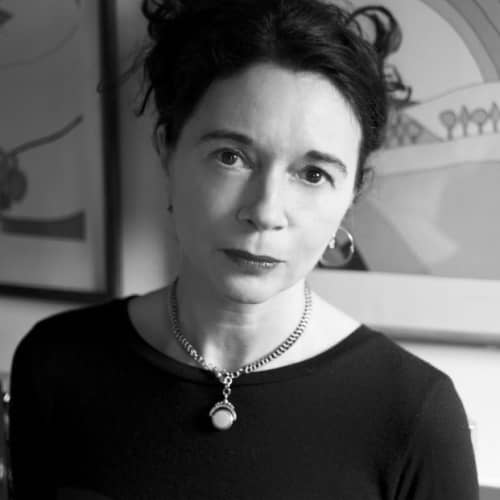

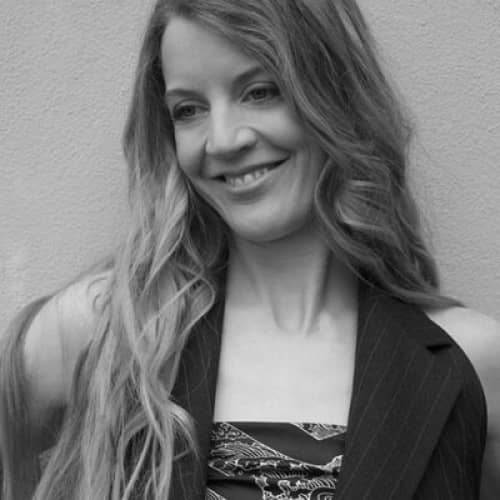

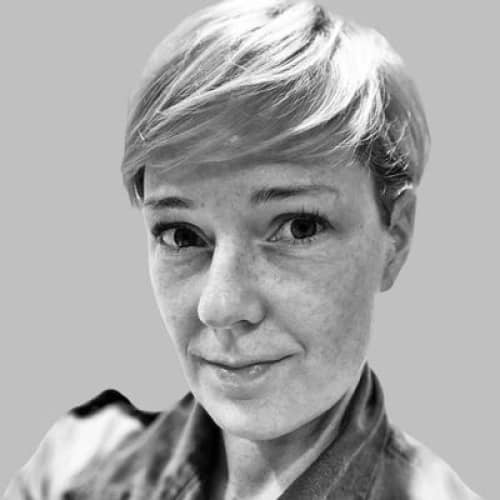
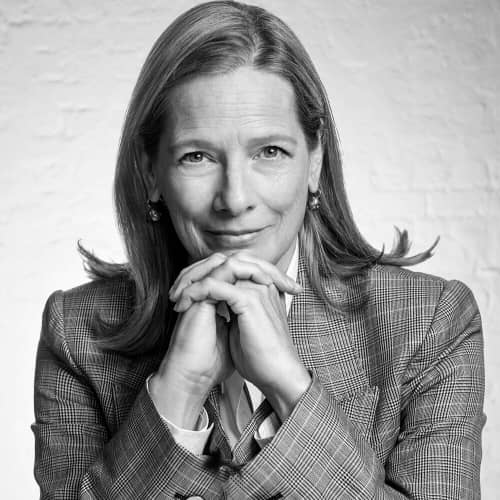

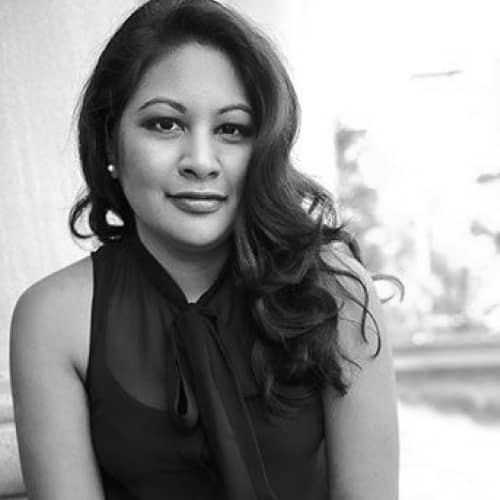
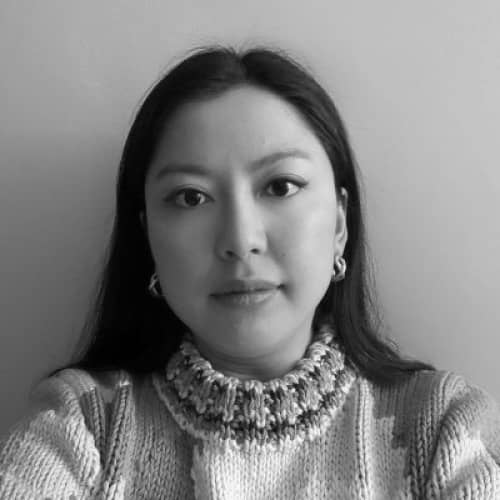
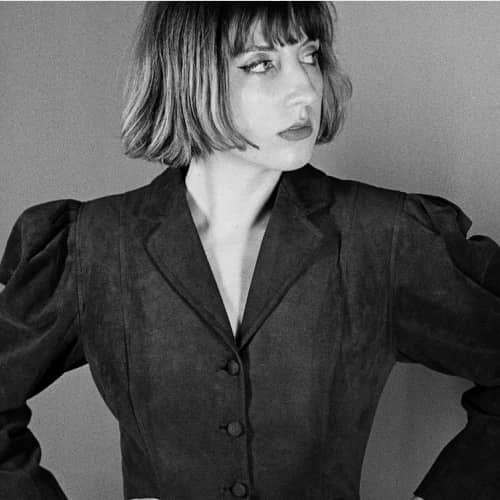
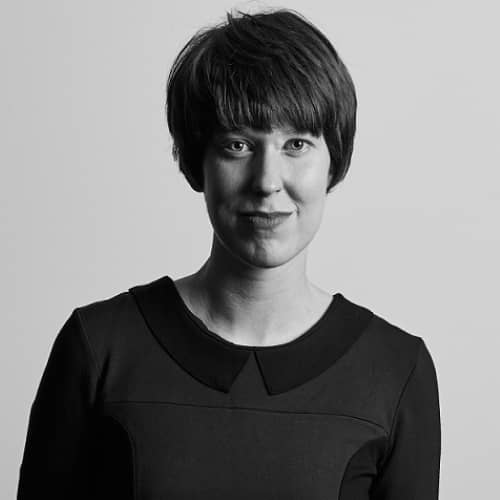


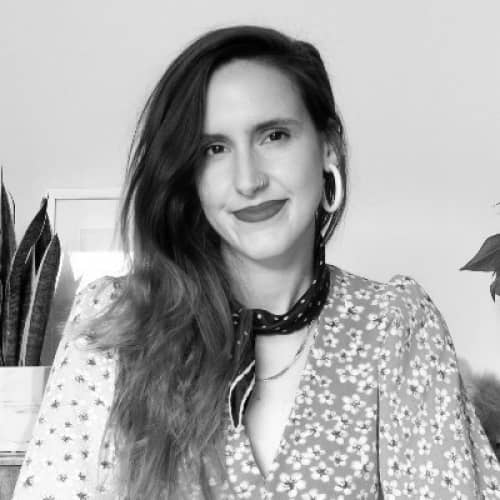





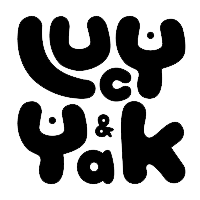




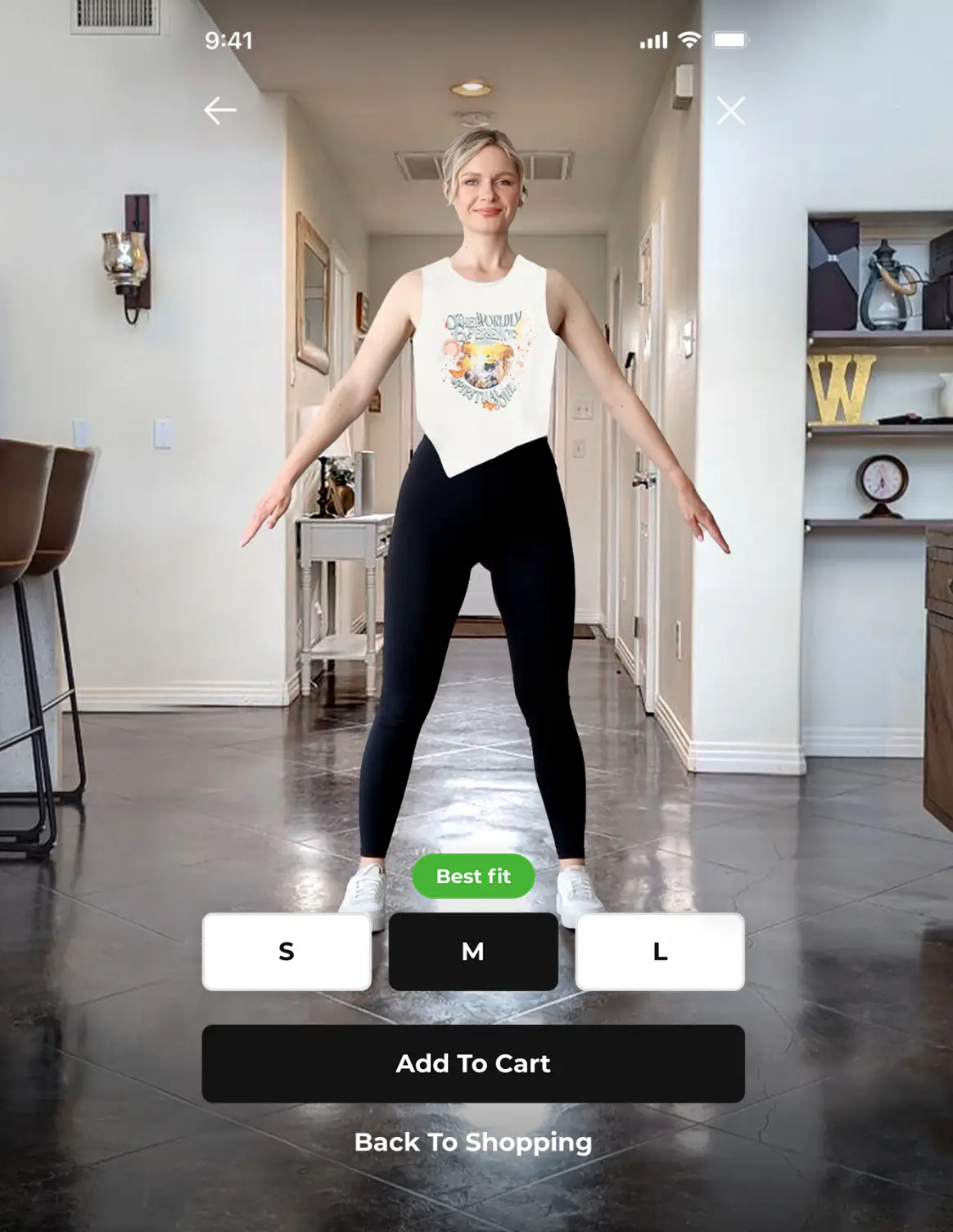
Social Media Influencers
Shining a light on unacceptable industry practices, offering examples of sustainable fashion brands and developing industry-changing initiatives and businesses, these sustainable fashion bloggers and influencers are introducing the masses to ethical and eco-friendly apparel.
Aditi Mayer
Sustainable Fashion Content Creator
Aditi Mayer explores social and environmental issues through her writing, photography and public speaking. She has earned a significant following, which she uses to promote positive fashion. In 2021, Mayer was awarded a National Geographic x Fulbright Digital Storytelling Fellowship to investigate India’s fashion industry.
Aja Barber
Fashion Writer, Stylist & Consultant
Aja Barber is a writer and consultant using her vast social media audience to educate on sustainability in the fashion landscape, focusing on the ethical and eco implications of consumer buying habits. In 2021, Barber authored Consumed: The need for collective change, which explores exploitation and injustices in fashion.
Clare Press
Founder, The Wardrobe Crisis
Clare Press was formerly Sustainability Editor for Vogue Australia and Global Ambassador for the Ellen MacArthur Foundation’s Make Fashion Circular initiative. She now leads The Wardrobe Crisis, an sustainable fashion education platform. Press is also the author of Wardrobe Crisis, which explores the ethics behind what we wear.
Céline Semaan
Founder, Slow Factory
Céline Semaan is the founder of the Slow Factory, which supports education and innovation in fashion. As a designer, writer and influencer, she draws attention to important topics such as human rights and climate change. Semaan is a cohort of the MIT Media Lab Director's Fellowship, designed to spark collaboration around social change and creative disruption.
Isabelle Boemeke
Fashion Model & Environmental Activist
Isabelle Boemeke is a model and environmental activist, whose social media channels merge high fashion with insight with the positive benefits of nuclear energy. Boemeke is also a digital fashion advocate and designer, frequently sharing digital garments, often promoted as a sustainable fashion solution, with her followers.
Jasmine Hemsley
Wellbeing Expert
Jasmine Hemsley is a health and wellbeing expert and an advocate for conscious consumerism. Recognizing the fashion industry’s impact on the health of our planet, Hemsley inspires her global audience to make sustainable fashion choices by sharing best practices and showcasing eco-conscious brands.
Julie Pelipas
Creative Director & Founder, Bettter.us
Julie Pelipas is the former fashion director of Vogue Ukraine and founder of Bettter.us, an upcycled fashion brand that has since evolved into a support platform for Ukrainian creatives. With a global following, Pelipas draws attention to significant, social and sustainability issues - from the invasion of Ukraine to fashion’s climate struggles.
Lydia Okello
Fashion Model & Writer
Lydia Okello is a fashion influencer encouraging social conscientiousness and inclusivity in the industry. Okello is also a writer whose work has been published in publications such as Vogue and Glamour Magazine, and a powerful voice on ethics and sustainability, having shared insight with Levi’s, the New York Times and more.
Marielle Elizabeth
Sustainable Fashion Blogger
Marielle Elizabeth is a brand photographer and fashion blogger, using her platform to make sustainable fashion shopping easier for those that rely on the often underserved plus-size category. Elizabeth is a frequent writer for leading publications such as Vogue and The Cut, where she addresses social and environmental issues in fashion, from fatphobia to fast fashion.
Marina Testino
Advocate for Sustainable Fashion and Founder of Point Off View
Marina Testino is the founder of Point Off View, an agency helping brands and creatives achieve their sustainable transformation goals. Testino is an reuse advocate, leading projects such as #OneDressToImpress to evoke thoughts around excessive consumerism and conscious shopping among her followers.
Sydney Grace
Fashion Influencer
Sydney Grace is a plus-size fashion influencer, using her online following to promote body positivity and document her sustainable style choices. Grace has appeared on various industry podcasts and publications, using her voice to raise questions about the attainability of sustainable fashion and diversity-washing.
Venetia La Manna
Co-founder, Remember Who Made Them
Vanetia La Manna is the slow fashion campaigner behind Remember Who Made Them, a movement pushing the industry to prioritize social profitability over financial profits. La Manna uses her social media presence to shine a light on greenwashing in big fashion and calls out those profiting from unethical practices.